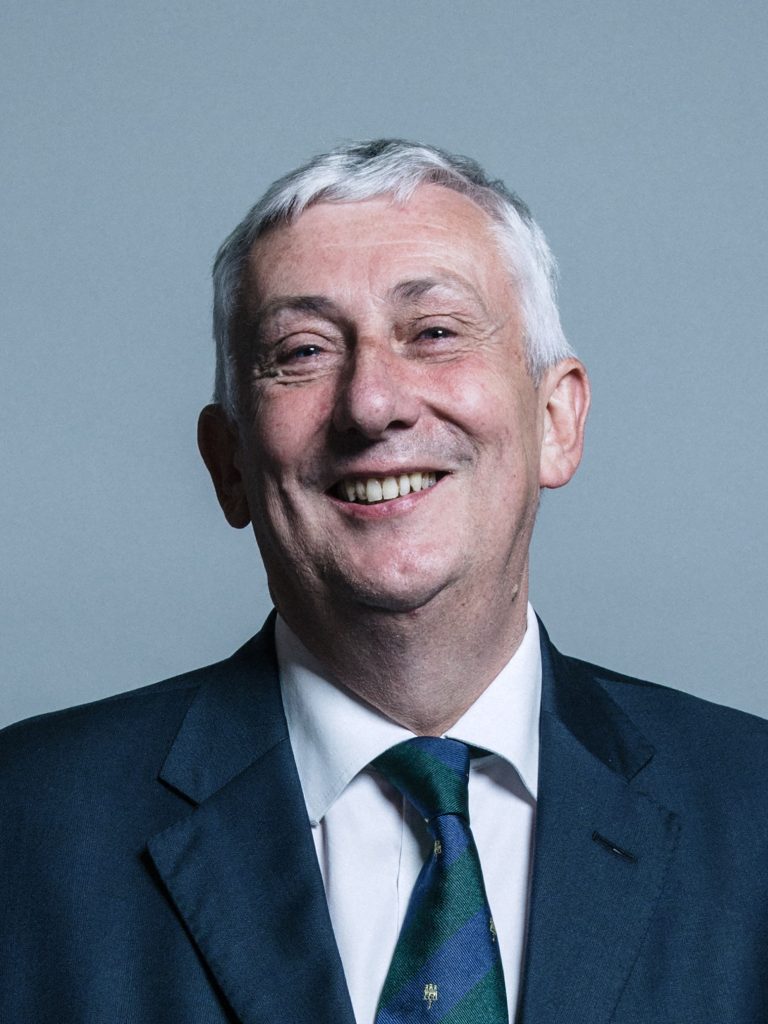Lindsay Hoyle – 2022 Statement at Beginning of New Parliamentary Session
The statement made by Lindsay Hoyle, the Speaker of the House of Commons, in the House on 10 May 2022.
The House has directed the Speaker to make a statement at the beginning of each Session about the duties and responsibilities of hon. Members. I begin by reminding hon. Members of their duty to observe the code of conduct agreed by the House and to behave with civility and fairness in all their dealings. The behaviour code applies to Members as it applies to others who visit or work in Parliament, and it provides clear guidance. Unacceptable behaviour will be dealt with seriously, independently and with effective sanctions.
The House asserts its privilege of freedom of speech. That privilege is enjoyed by Members of Parliament only in their work in this House; as private individuals, we are equal under the law with those whom we represent. It is there to ensure that our constituents can be represented by us without fear or favour. It is an obligation upon us all to exercise that privilege responsibly.
The Speaker does not have the power to police the accuracy of Members’ contributions. Therefore, it is incumbent on Members to be accurate in what they say in this House, but if a Member is inaccurate by mistake, they should correct that mistake as soon as possible. Members must be mindful of the impact of what they say, not only on other Members but on others who follow our proceedings, and Members should be heard courteously, whatever their views.
In this place we are honourable Members and the language we use about each other should reflect that. If a Member falls short of the standards expected of us all, there are ways of dealing with that, but not by accusations made as sideswipes during questions or debates. If we fail to treat each other with respect in debate, that diminishes our work, but it also risks raising the temperature of discussions outside this place—particularly on social media—which already too often descend into online abuse against hon. Members.
I also wish to give some advice about seeking to speak in the Chamber. The Deputy Speakers and I take into account a number of factors when determining who to call during business that is not balloted, and one factor we consider carefully is how often a Member speaks —Jim Shannon is not with us. [Laughter.] In other words, if you have spoken much more than a colleague then, other things being equal, that colleague is more likely to be called—or certainly more likely to be called earlier—in the next debate for which you both apply.
I know it can be frustrating not to be called in a debate or to be called very late; prioritising the debates, question times, urgent questions and statements in which you seek to participate is one way of trying to avoid that happening. Now that we have started a new Session, everybody’s scores start, after the reset button, at zero. I should make it clear that different principles apply to Front Benchers from the three largest parties, who are nominated to speak on behalf of their parties. Staff in my office are happy to offer further advice.
Finally, I want all Members and everyone in the parliamentary community to be able to go about their work safely, both online and here in Westminster. The security of this building and those who work here depends on us all. We have a duty to be vigilant and to assist those whose job it is to maintain this place as a safe place to work. Before moving to the first business of the new Session, I would like to express my very best wishes to all hon. Members and to all those who work in this House.


